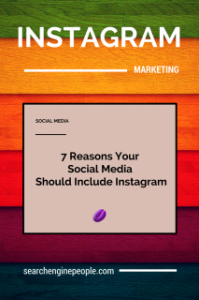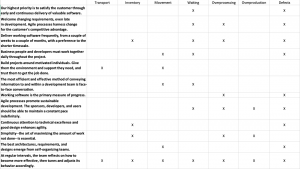A new report spotlights the evolution of the marketing technologist.

You hear a lot these days about machine learning in marketing tools. But a new report — from digital marketing agency SapientNitro, in collaboration with our MarTech Conference and its organizer, chiefmartec.com’s Scott Brinker — finds that machine learning is only in the lower fourth of tech job skills needed by marketing technologists.
Marketing technologists are known by various titles, but their job description puts them at the intersection of marketing/business, martech and an ability to work with audiences. The report, “Defend, Disrupt, and Transform: The Critical Role of the Marketing Technologist in the Digital Era,” says they are “part business strategist and marketing professional, part technology and change agent,” with the goal of changing marketing, customer experience and IT “in service of creating competitive advantage.”
Three skill sets are cited as the top ones by more than half of the respondents: CRM systems and platforms; data science, analytics and modeling; and website design, including responsive and adaptive design.
It’s important to maintain and develop tech skills, the study says, in order to maintain a hybrid tech/marketing role that will help lead an organization toward digital business transformation, instead of gravitating toward a pure marketing role.
The report’s full skill breakdown is below:
When it comes to marketing and business skills, the top three were marketing strategy and positioning (for 61 percent of respondents), content creation (55 percent) and target market identification (54 percent).
But the report finds there has not been much progress since the previous study in 2014:
“Thus, our takeaway is clear: significant skills gaps exist in both the marketing and technology portions of the MarTech professional’s role. More importantly, they have remained consistent with our findings from our 2014 survey, implying that progress has not been made to narrow the gap or keep it from growing. Perhaps most significantly, the largest gaps across both marketing and technology are in areas of significant opportunity — market targeting, CRM, data and content. While the marketing technologist is certainly capable of rising to the challenge, they must be prepared and equipped by the organization to do so — and they must understand that their role, as well as the success of their organizations, depend[s] on it.”
However, the title of marketing technologist or something similar is advancing, with 16 percent of respondents now saying it’s theirs, more than twice the seven percent reported in 2014. Half are now reporting to the CMO or other marketing exec, up from 31 percent, while the same percent (24 percent) now report to the CEO as previously and five percent to the CIO or CTO, down from nine percent in 2014.
The report is based on 256 online surveys from North American respondents, distributed by chiefmartec.com and our 2016 San Francisco MarTech Conference. The study was sponsored by SapientNitro, which also presents a CMTO (Chief Marketing Technology Officer) University, and conducted with market research firm Decision Analyst.
Marketing Land – Internet Marketing News, Strategies & Tips
(67)
Report Post











